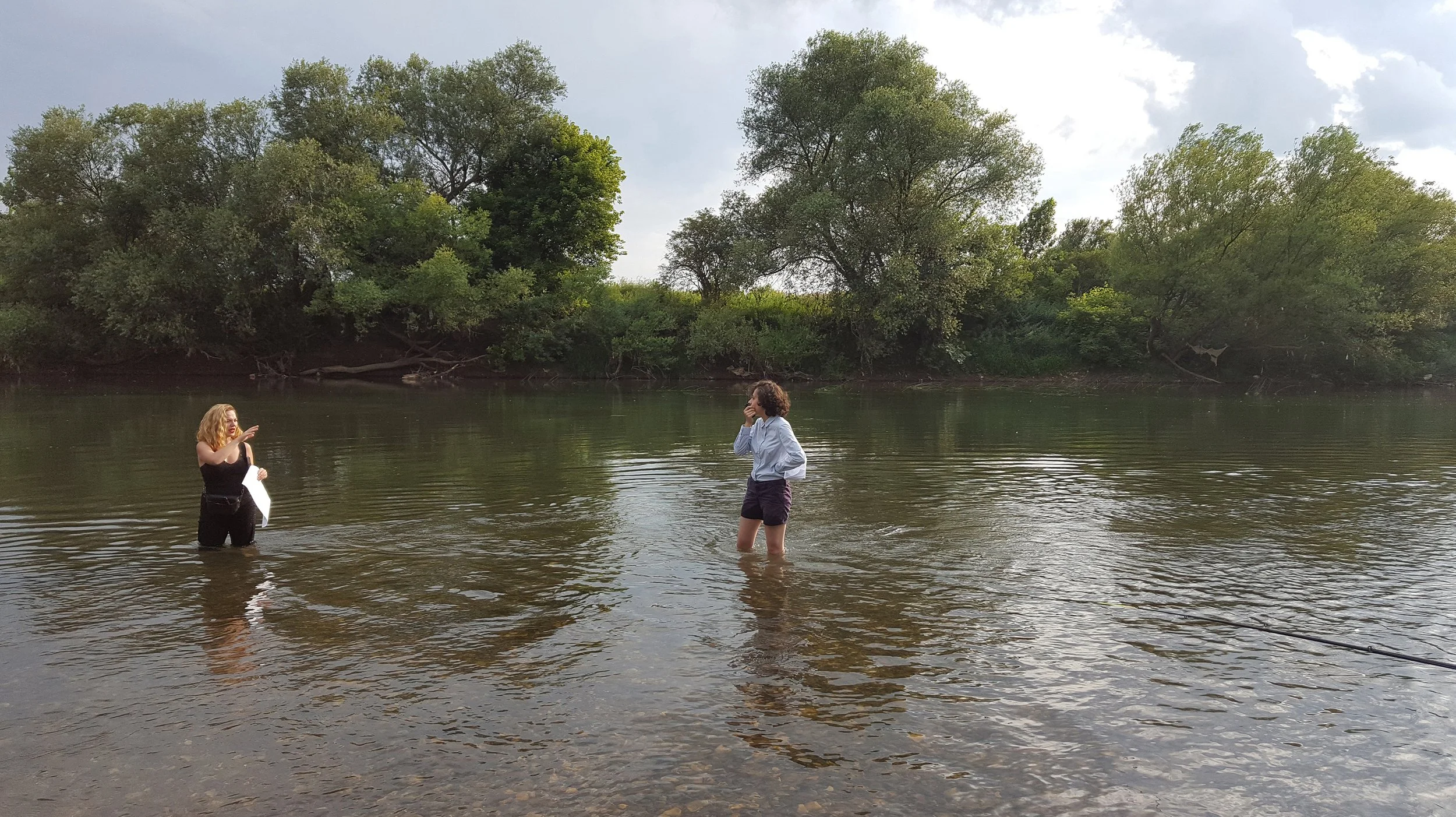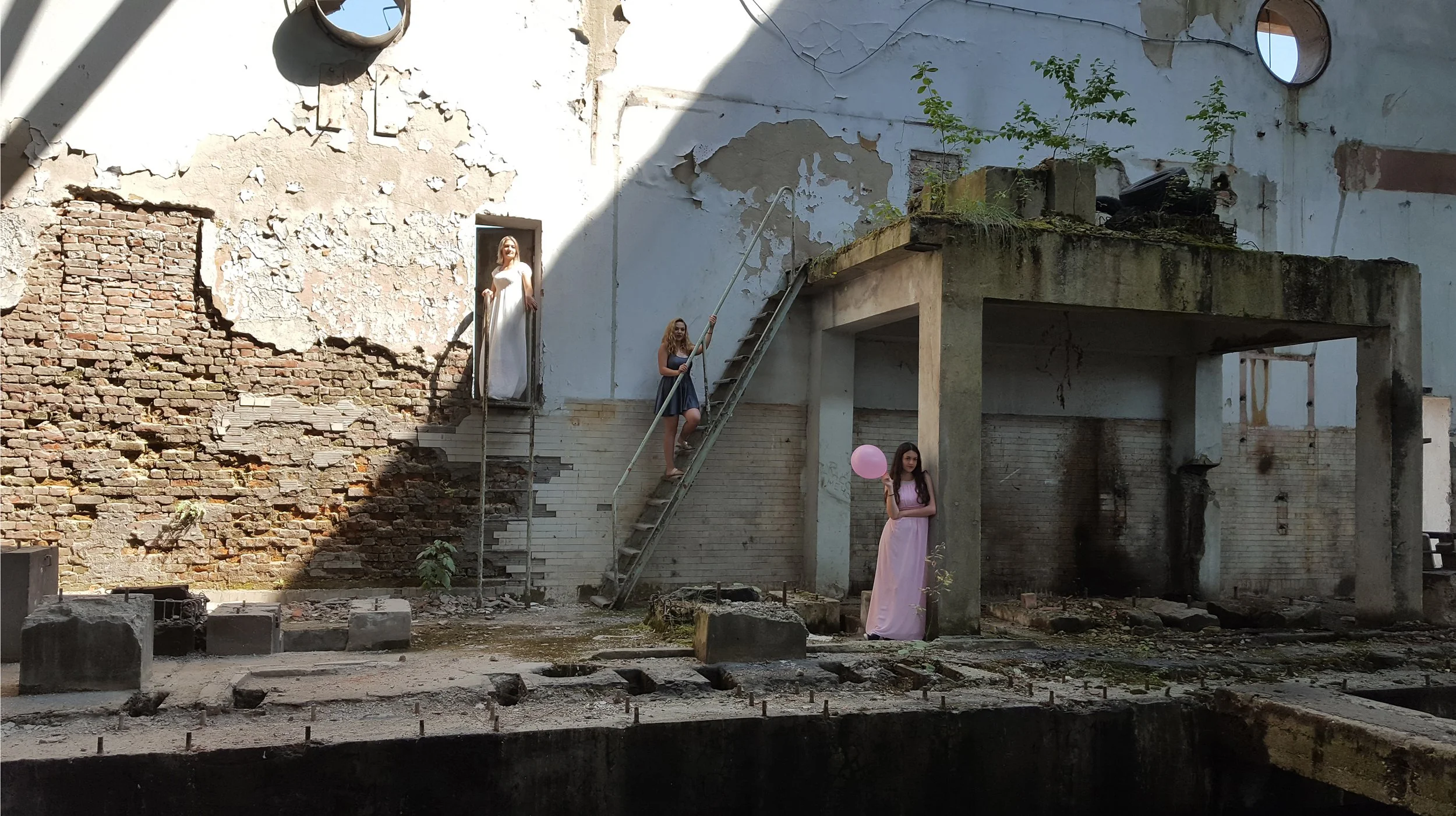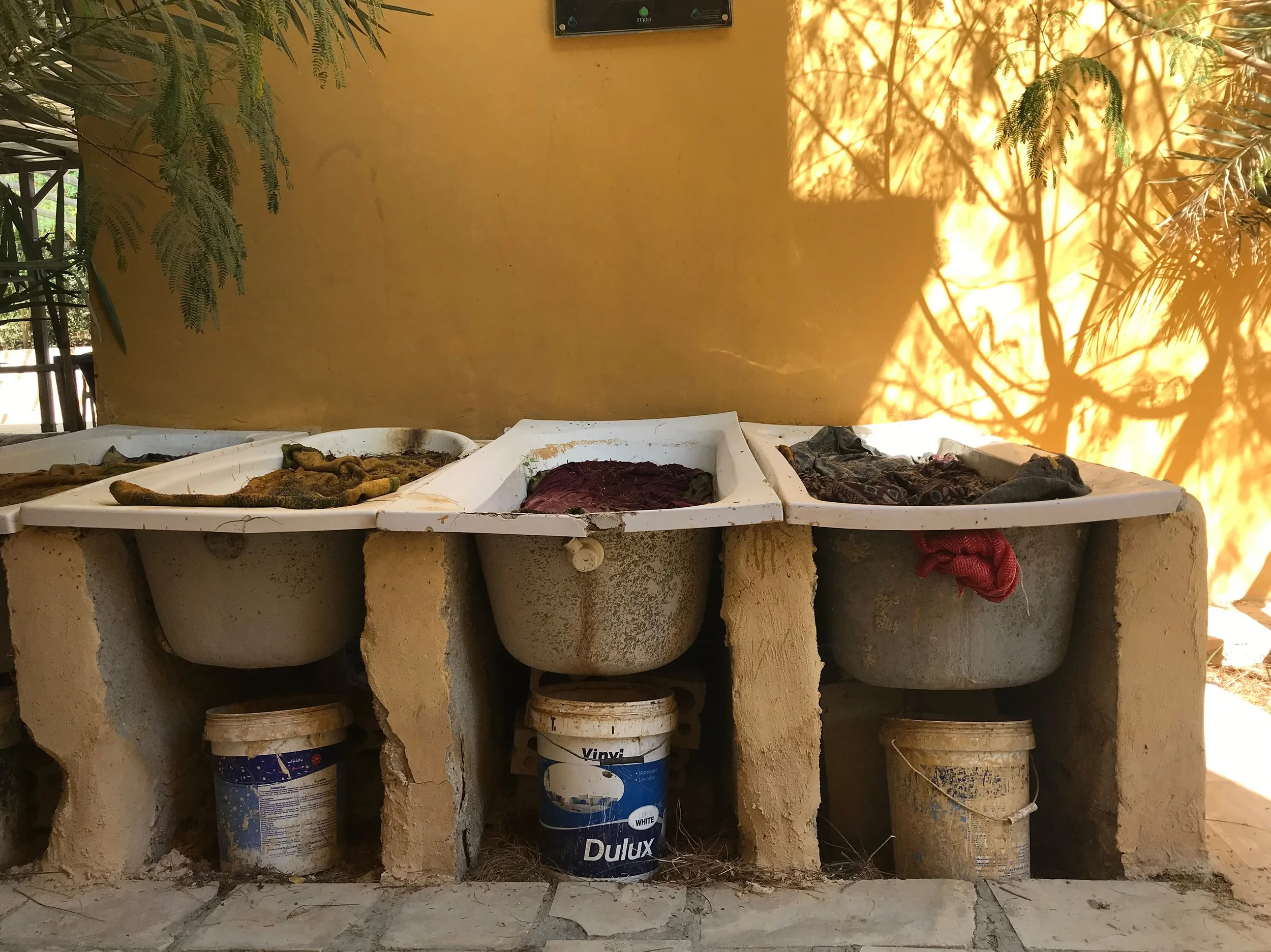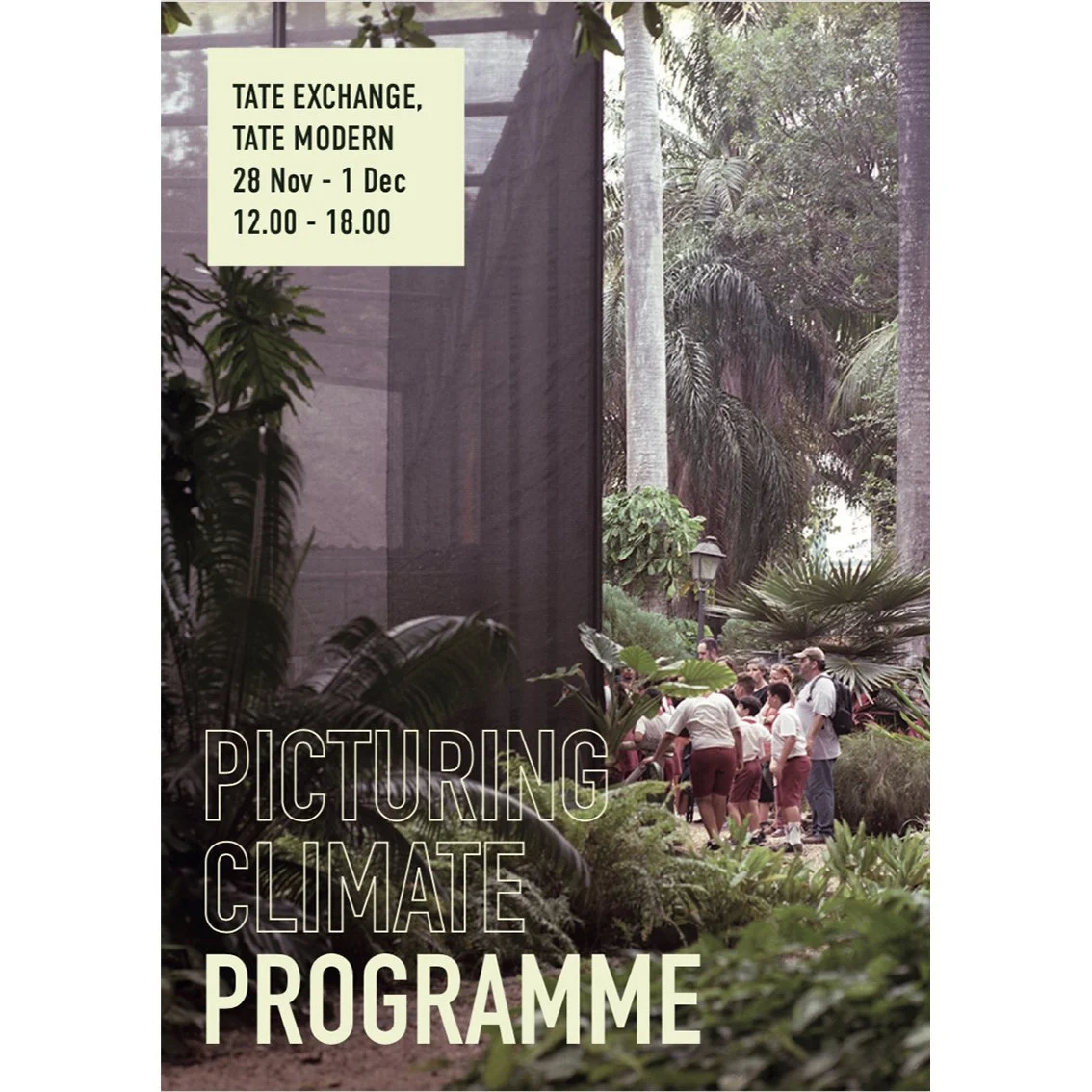
Picturing Climate
Research network of artists, researchers and grassroots arts organisations across the UK, Cuba, Bosnia & Herzegovina and Jordan
A visit to the Botanical Gardens of Havana with workshop participants, led by Studio Riera.
Over a two-year period, Picturing Climate brought together artists, researchers and grassroots arts and culture organisations in Cuba, Bosnia and Herzegovina, Jordan and the UK to explore the potential of arts- and humanities-based methodologies for developing local and international educational capacity on climate change induced food and livelihoods insecurities.
The core network included Agnes Czajka (Open University); Eva Sajovic (artist photographer); Corinne Silva (visual artist); Counterpoints Arts; Riera Studio (Cuba); Most Mira (Bosnia and Herzegovina); and Auranitis Lifeline (Jordan).
Picturing Climate was hosted by the Open University and funded by the AHRC Research Networking Highlight for Education in Conflict and Protracted Crises.
A public programme took place at Tate Modern’s Tate Exchange in November 2019.
Cuba
As an island, Cuba is particularly sensitive to the effects of climate change. Climate change has severely altered the cycles of rain and drought in Cuba, which has contributed to a decrease in hydraulic reserves and a loss of the soil’s cultivation capacity. It has also led to a loss costal mangroves and dunes, the retreat of costal lines, and an increase in the number and severity of hurricanes. Invasive plant species are reproducing at accelerated rates due to more favourable climate conditions.
All of this has had severe effects on livelihoods and food security, exacerbated by Cuba’s political and economic isolation. It has resulted in increasing internal migration, particularly to urban areas, which in turn, have also experienced increasing food and housing insecurities.
Riera Studio children’s wall
Bosnia and Herzegovina
Bosnia and Herzegovina is one of the most bio-diverse countries in Europe. It is also the most polluted. Climate change has produced unpredictable cycles of rainfall and drought, leading to alternating patterns of severe flooding and fires. The 2014 floods led to the displacement of 90,000 people, and together with more recent extreme weather events, have increased soil erosion and crop failure, and decreased water resources.
This has exacerbated rural to urban migration, particularly of young people, and has contributed to increased food and livelihood insecurity among remaining rural populations. As reported by USAID, Bosnia adaptive capacity is challenged ‘by a large vulnerable population on the brink of poverty, a high unemployment rate of 40 per cent, wartime infrastructure damages, limited information on climate-related social, health and environmental trends and a lag in technological innovation.’
Over the course of seven days, Most Mira worked with a group of ten young people, supported by a video artist (Nemanja Čađo), two teachers (Ivana Kitonjić and Milica Gagić) and a theatre director (Maja Milatovic-Ovadia). Together they explored issues of climate and environment in post-war Bosnia. Starting from the word OKOLIŠ (environment in Bosnian) and using a collaborative, devised theatre approach to theatre making, the group created four short, filmed theatre performances.
Jordan
Since 2006, Jordan has suffered some of the worst decrease in rainfall in recorded history. Resulting drought has ruined farms, decimated livestock, and threatened water reservoirs. It has contributed to a decrease in farmers’ wages, and exacerbated rural-to-rural and rural-to-urban migration.
Focus on the civil war-driven Syrian refugee crisis has meant that less attention has been paid to climate-change induced migration in the region. Yet increasing numbers of small-scale farmers have been crossing borders because of climate change generated livelihood pressures, causing additional strain on already fragile infrastructures. In Jordan, food and livelihood insecurities have also been exacerbated by overdependence on imported seeds, produce and monocropping.
Palestinian refugee Abla has made her home and plant nursery on the bank of the Jordan river, near Jericho.
Photograph by Eva Sajovic, 2019
Abla’s vermicompost food waste recycling system.
Photograph by Eva Sajovic, 2019





